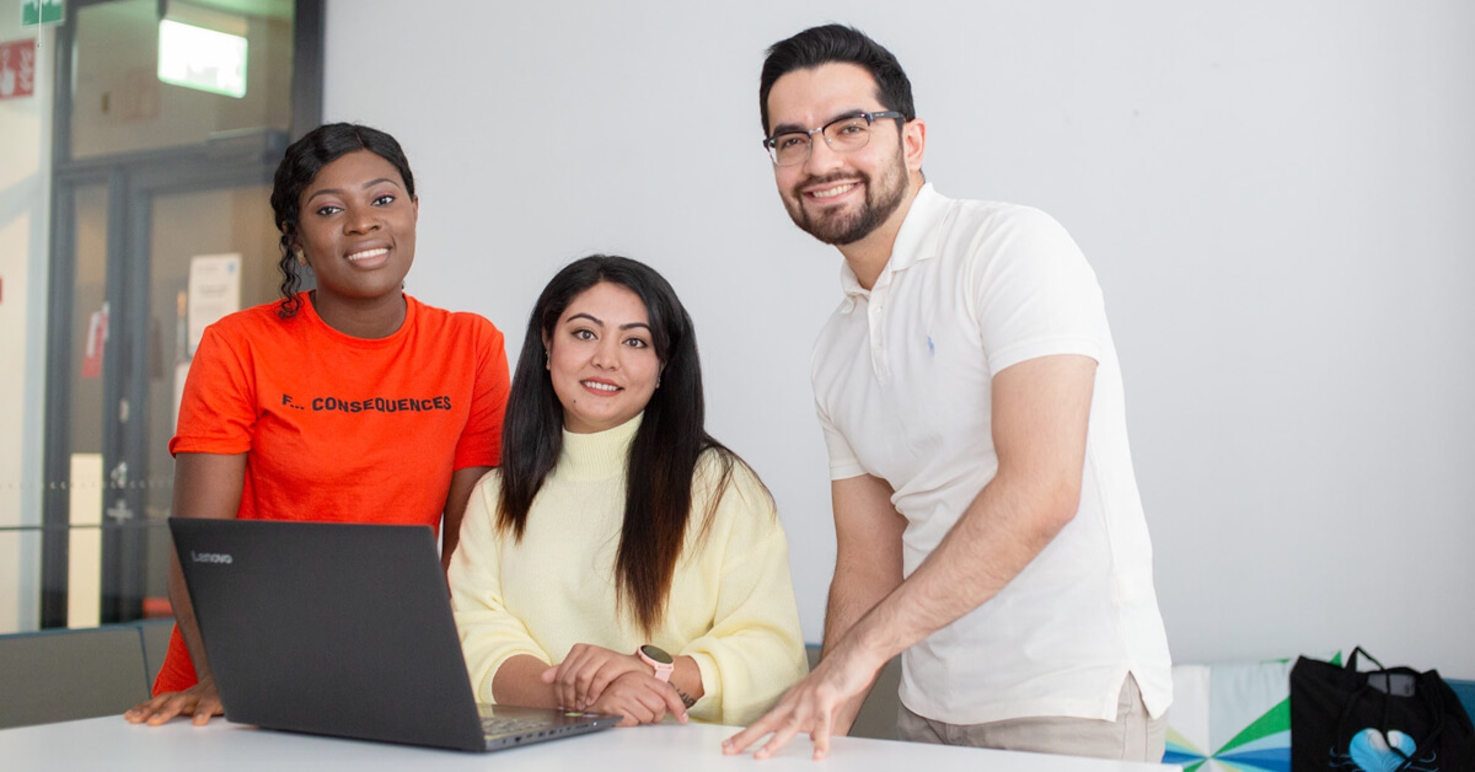Many applicants for Laurea’s degree programmes in this autumn’s joint national application process
The most popular programmes once again were flexible multiform implementations.

The autumn joint national application period for higher education institutions ended on Wednesday 16 September at 3 p.m. Based on preliminary information, Laurea’s programmes were again very popular and attracted some 23,900 applications.
In this autumn’s joint national application process, 942 starting places were available for Laurea’s bachelor’s and master’s degree programmes. More than 6,700 applicants had chosen Laurea as their primary option. Thus, on average, there were 7.1 primary applicants per starting place.
For many years, the attractiveness of Laurea’s education has been top-class in Finland. For example, in the joint national application process last spring, some 5,700 primary applicants applied to Laurea.
The most popular fields of study were correctional services, security management and risk management
Measured by attractiveness, Laurea’s most popular education this autumn continues to be the bachelor of social services programme in correctional services, which will be implemented as blended learning on the Tikkurila campus. There were more than 500 primary applicants aiming for the 20 starting places. Laurea is the only higher education institution in Finland that offers the education programme in question.
The second most popular education in this autumn’s joint national application process was security and risk management training, which also attracted over 500 primary applicants. It had 30 starting places. Many applicants were also attracted by the degree programme in nursing in English.
Of the degree-awarding educations leading to the master’s degree, the most popular was Business Management in the Future and Customer-oriented Service Business, for which there were 357 primary applicants.
The selection process in the joint national application process will continue with admission tests organised in October. The education programmes currently being applied for will commence in January 2021.
Applicants are interested in blended learning
Blended learning, which enables flexible studies, is increasingly popular. A blended learning implementation offers flexibility in studies and everyday life. In addition to contact teaching periods, there are more independent periods of study than in the regular daytime implementation, and this form of study is well suited to working students, for example.
President, CEO Jouni Koski of Laurea University of Applied Sciences says he is impressed by the great interest in education at Laurea University of Applied Sciences:
- It seems that demand for flexible education solutions developed at Laurea is still increasing. The smooth combination of work and studies in vocational higher education is particularly important, and we want to invest in this at Laurea, President Koski says.